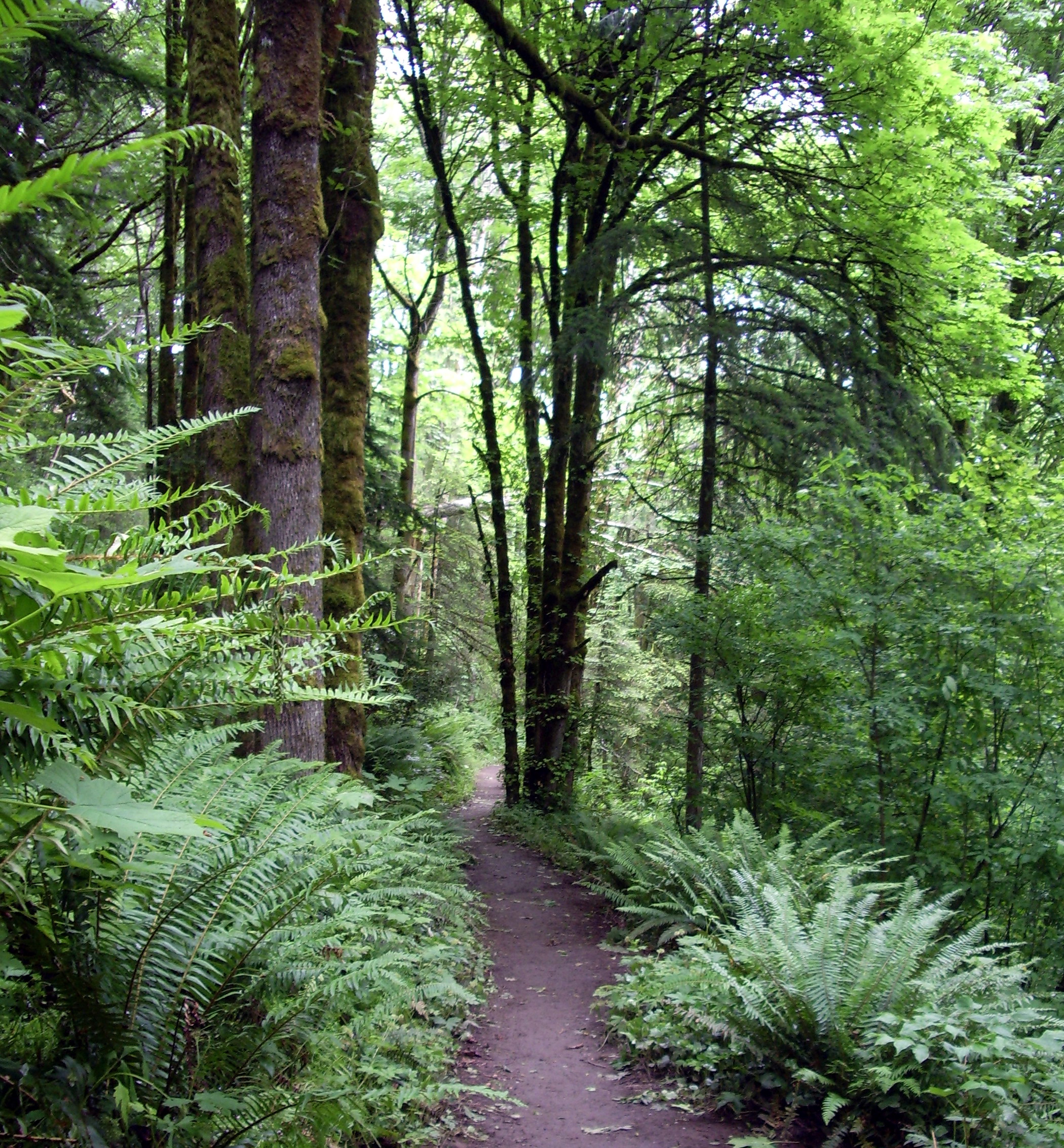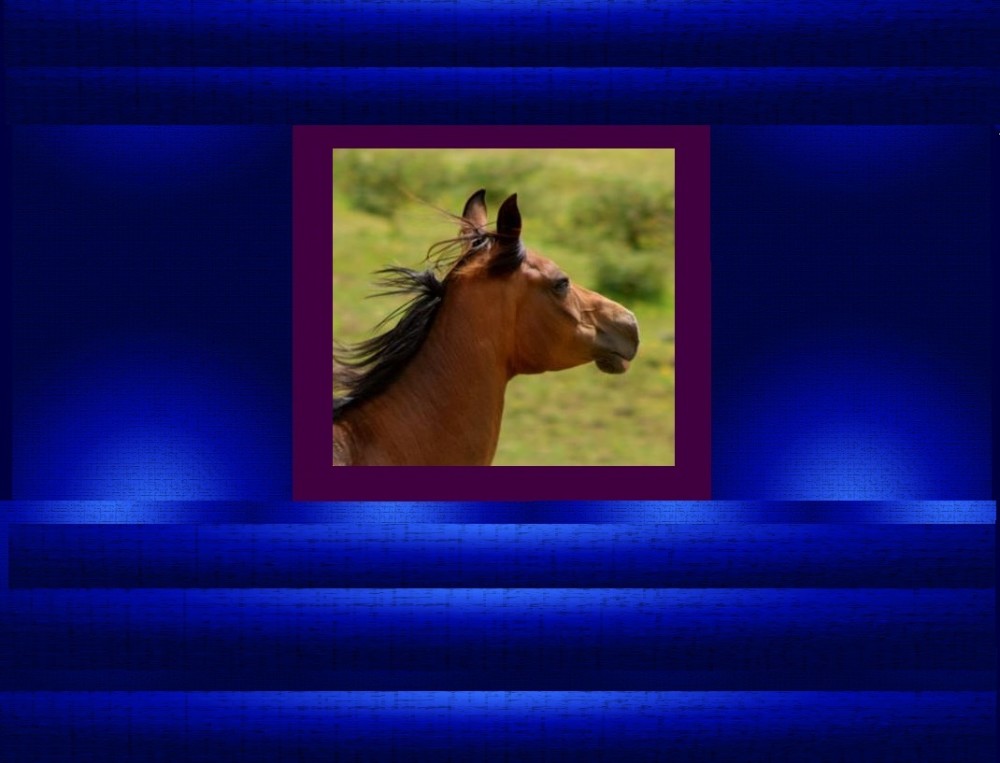I rode a “round” horse earlier this week. It’s not often that I actually ride a horse like this, one that behaves as many equestrians believe a horse should.
“Here you go,” my friends said. We’ve ridden many hundreds of miles together so they know all about how I ride.
“How old is she?”
“Just 5.”
“Does she have any quirks?”
“We can’t find any.”
The mare stood to be saddled and bridled. I led her over to the mounting block and she stood still while I got on. She responded easily to my leg and rein aids to maneuver around the small area where we waited for the others to get on their horses. The mare had a ground-covering walk and we went to the front of the group of four horses as we moved down the long driveway and out to the road.
We continued at the walk on a loose rein up the road. My mare did not respond to any sudden movements in the bushes, loud noises from machinery or vehicles passing by. When I say she didn’t respond, I mean she didn’t even look to the side at noises, and her whole demeanor was very quiet.
There was a trail through the bushes that led onto a logging road. We stood aside and let the “trail boss” gelding take the lead since I didn’t know the way. The gelding broke into a trot and we followed, but my mare was not excited and stayed light on the rein. She asked to canter and I let her, it was slow and easy. My friend in the lead said, “It’s been too rocky to canter here,” so I touched the reins again and the mare trotted.
.jpg)
We wound our way up a winding trail and up a steep hillside, stepping over logs and weaving through bushes. We walked down a road on the other side, and then another mare, definitely a “square” horse began snorting and prancing at the sight of a turn in the road where the horses were often allowed to gallop to the top.
One of the geldings had a suspensory injury in the spring, and had not been allowed to canter yet, building up some strength in his tendon by doing long walks and some trotting. The excitable mare one friend was on sprang into the air and jigged sideways. My five year old trotted next to her, and did not react to the older mare’s tension, allowing us to keep the entire group down to a steady trot with only a little, sedate canter added in here and there.

After the hill, we wove our way through some more tight and technical bushes that would have stumped some older, more experienced horses or caused them to spook. The mare I rode followed my directions easily and we avoided getting snagged or tripped up. We did some more trotting and a bit faster canter on a wide road, and that was the only time the young horse needed to be asked to slow down more than once.

As we headed back on the trail toward home, I reflected on how almost anyone would call this a “good” horse. She was a good horse, a very ideal horse. Certainly some more novice riders might not want to walk so fast or try to slow down her lovely, working trot. Yet this horse would try to oblige even those owners, I was sure, and any semi-experienced horseman would enjoy riding this young Quarter Horse. Despite a young age and not that much experience, the horse’s personality and general outlook would allow her to do nearly anything. She was already reliable, calm and quiet while at the same time having the ability to work hard.
Yet, I personally did not envy the owner of this lovely young mare and did not feel any regret over having a much more difficult time riding my own horses most of the time. For one thing, there is always value in giving a good life to a creature that others don’t have the special skills needed to take care of. It can make a person feel that they might have a particular niche in life, a purpose to fulfill.

For another, it’s one thing to be able to teach a horse, but it’s another to have a horse teach you many things. Horses are always teaching us, and that sweet mare will teach her owner many things if she is willing to learn. But certain more difficult horses can teach us things that we could never learn otherwise, without them. That’s why I value the square horses, the ones that take me all the way to the edge before I can figure out how in the world to deal with them, and to make them happy. For me, it’s the more difficult ones that can give the greatest rewards.
